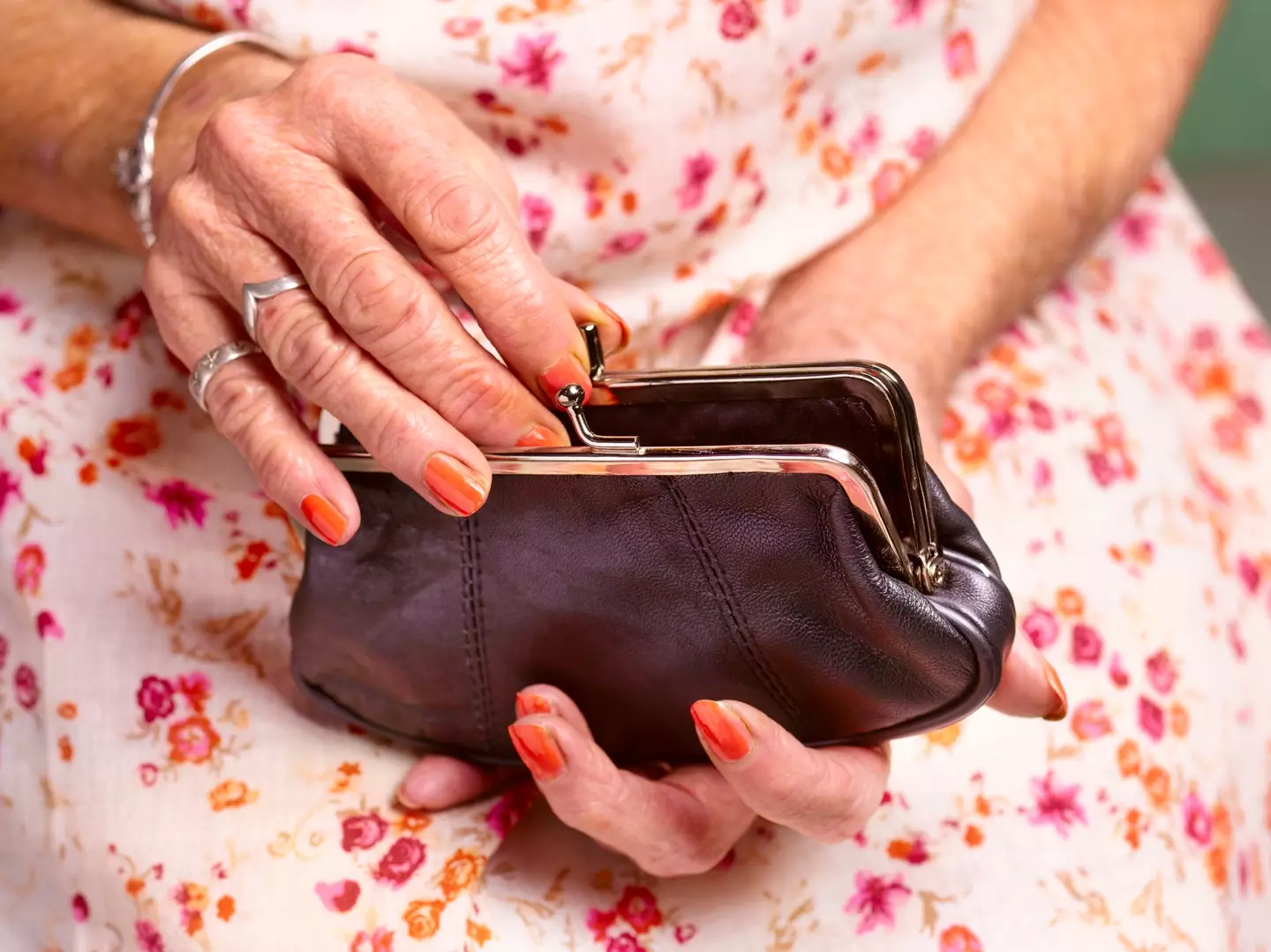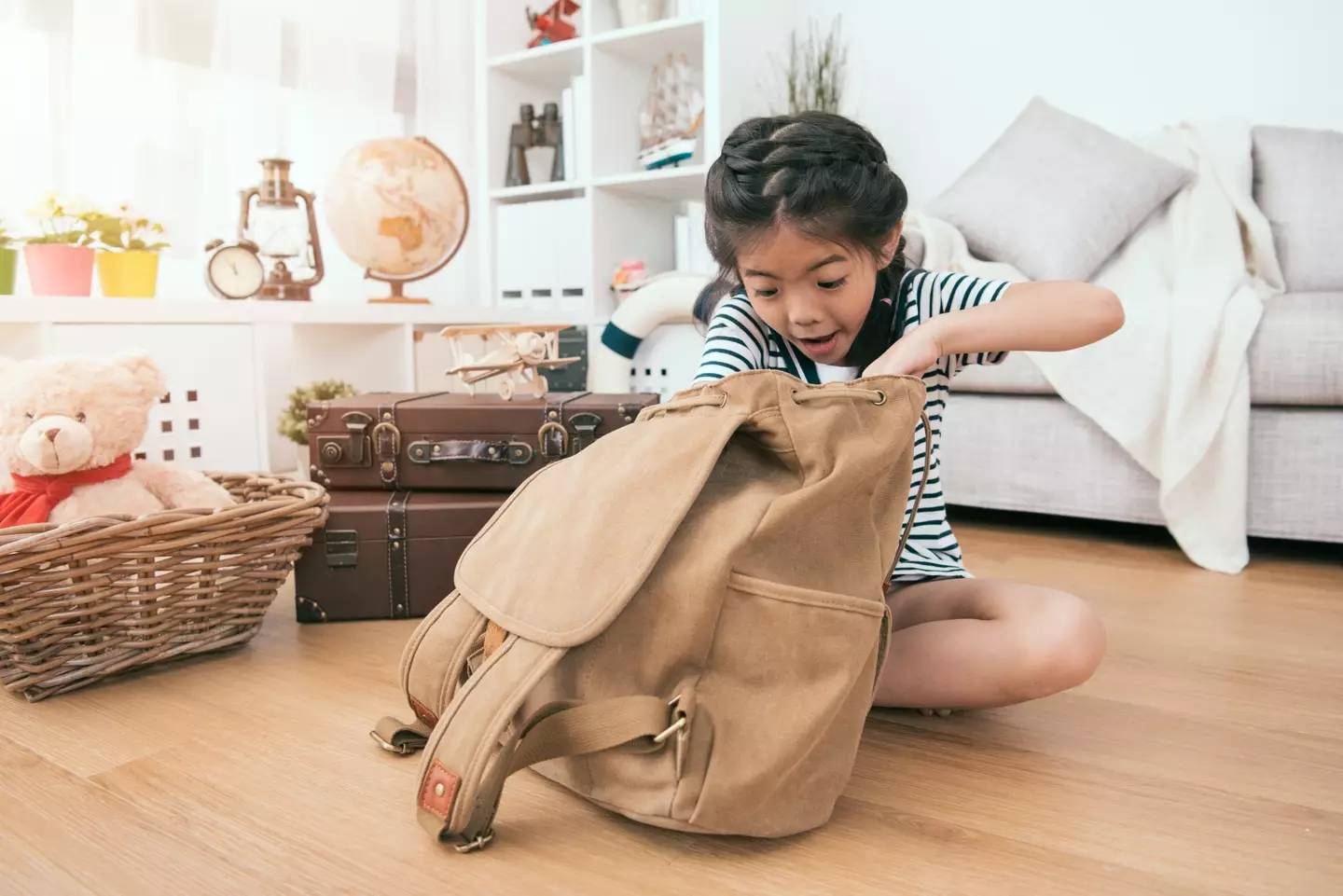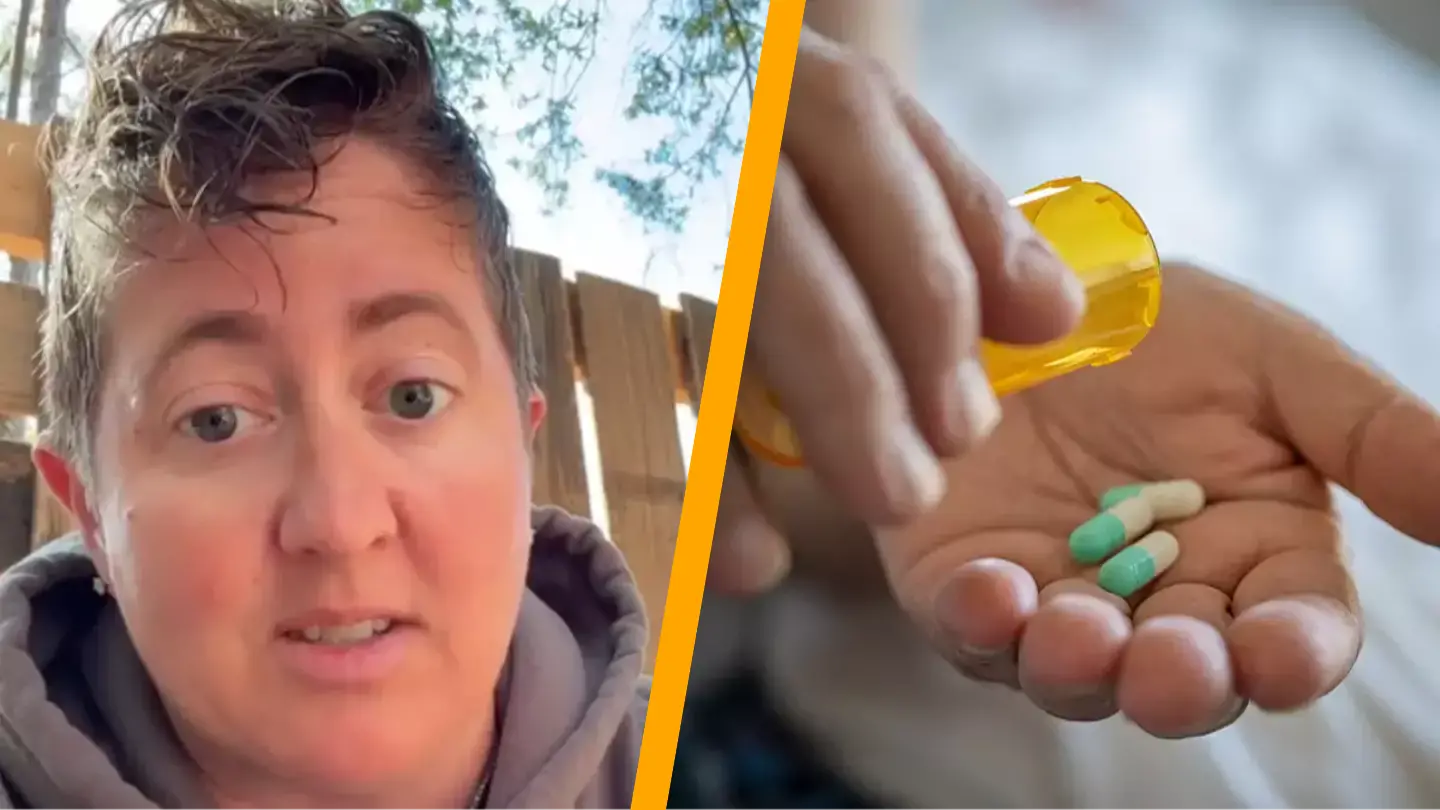Granny’s purse syndrome accounts for up to 20% of child poisonings and frequently results in children being hospitalized.
Although you may not be familiar with Granny’s purse syndrome, it is a concern worth addressing during the holiday season.
Dr. Meghan Martin used TikTok to discuss this lesser-known syndrome and explain why it is crucial to be cautious as families gather for Christmas.

Martin, known as Beachgem10 on TikTok, emphasized that this issue is something every adult should be mindful of to ensure children’s safety.
She stated: “If you are spending time with your family for the holidays, it’s important to know about something called ‘granny syndrome’ or ‘granny’s purse syndrome’,
“This is when young kids get into their grandparents’ medications that are not secured properly — for many reasons. One of them is that grandparents are not used to having kids around. Often their medications are on low shelves or in their purses or in medication containers that are not child resistant.”
@beachgem10 “Granny syndrome” happens when young kids get into their grandparents (often unsecured) medication. Parents remind YOUR parents to secure all medications to keep kids safe! #Thanksgiving #Parents #grandparents #kids #emergency #toxic Disclaimer: For educational and entertainment purposes only and should not be regarded as medical advice or replace the advice of your physician
Martin also pointed out that the potential for children to access their grandparents’ medication is often overlooked.
She emphasized that what is safe for adults can be dangerous for children, possibly leading to hospital visits.
While this warning may seem specific, the Absentee Shawnee Tribal health system notes that unauthorized medication consumption is the leading cause of child poisoning.
In their report, they highlighted: “Each year, more than 500,000 children under the age of five experience a potential poisoning related to medications.

“Up to 20 percent of pediatric poisonings involve a grandparent’s medication. Make sure that all medications in the child’s environment are stored out of reach and out of sight.”
Dr. Martin further advised people to be cautious about how they handle medications around children during the holiday period.
She advised: “Don’t take medications in front of kids because kids want to mimic what adults do.
“Never refer to medication as candy, medication is not okay to eat, candy is.”
She also mentioned that if a child accidentally ingests medication in the US, you should contact 911 or poison control at 1-800-222-1222.
As families prepare to celebrate, it’s wise to ensure all medications are securely stored and out of reach.

